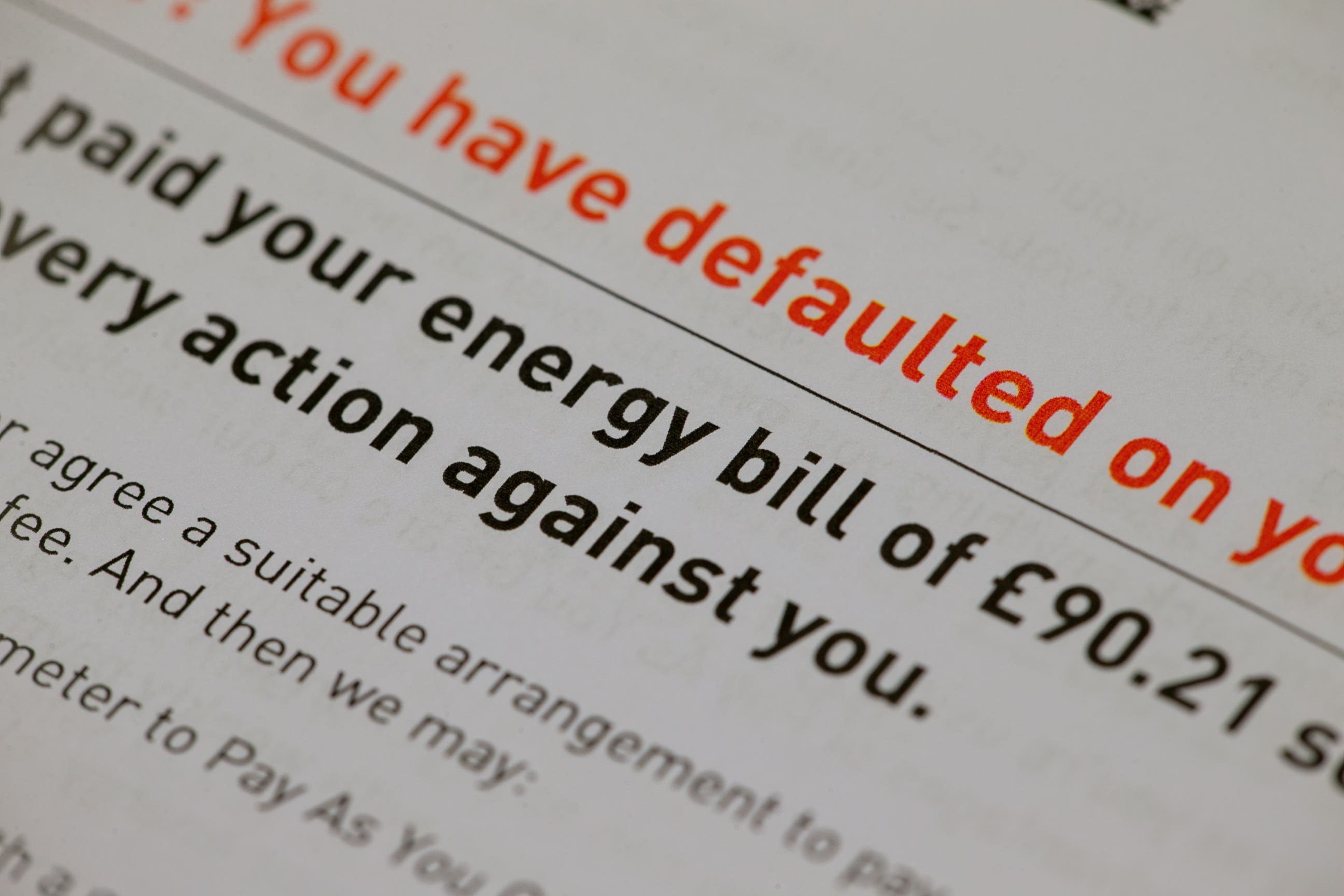Number of households in England in fuel poverty increases by 100,000
Households in England who spend more than 10% of their income on their energy has also jumped from 4.93 million in 2021 to 7.39 million last year.

The number of households living in fuel poverty in England increased by an estimated 100,000 last year to 3.26 million, according to Government figures.
Households in England who spend more than 10% of their income on their energy has also jumped from 4.93 million (20.5%) in 2021 to 7.39 million (30.3%), the Department for Energy, Security and Net Zero’s annual fuel poverty report shows.
Fuel poverty – being on a low income and trapped in a home with poor insulation – is predicted to increase to 14.4% this year, affecting 3.53 million households, the report said.
The data also revealed that the Government is no closer to meeting its 2030 fuel poverty target for as many homes as reasonably practicable to be in homes with a minimum energy efficiency rating of Band C.
Currently, 52.8% of all low income households live in home with a rating of band C or better and this is projected to rise to just 53.5% in 2023.
The report comes a day after Ofgem announced it is lowering its energy price cap – the amount suppliers are able to charge – from the current £4,279 per year to £3,280 for the average household, effective from April 1.
However, domestic energy bills are still set to rise by an average of £500 a year despite the reduction as the Government’s support for households becomes more limited.
Simon Francis, coordinator of the End Fuel Poverty Coalition, said: “Today’s data proves that households across England suffered in cold damp homes this winter because the country has failed to fix the roof when the sun was shining and help those most at risk from the energy bills crisis due to poorly insulated homes.
The energy crisis has demonstrated how vital it is that the UK’s most vulnerable customers are protected
“The Government has also admitted that in 2022 around a third of households were spending more than 10% of their income on their energy bills – even after their housing costs were taken into account.
“Now is not the time to increase energy bills as the Government plans to do from April 1. What people desperately need is more financial support in the short term, along with a rapid rollout of energy efficiency measures and reform of Britain’s broken energy system.”
National Energy Action (NEA) warned that the average annual energy bill was £1,271 last February, far below the current £2,500 and set to rise to £3,000 from April.
NEA chief executive Adam Scorer said: “Over 3.2 million households in England are in fuel poverty according to Government data released today but the worst of the energy crisis is not represented – people being forced to self-disconnect, struggling with ice on the inside of their windows and living with damp and cold.
“And the situation will not get better. From April the average annual bill will rise from £2,500 to £3,000 and that means without Government intervention – both for energy efficiency measures and financial support with bills – the number in fuel poverty will continue to rise.”
Richard Neudegg, director of regulation at comparison site Uswitch, said: “Sky-high energy prices pushed 100,000 more households into fuel poverty last year, but the situation could have been much worse without political intervention.
“The energy crisis has demonstrated how vital it is that the UK’s most vulnerable customers are protected.
“The Energy Bill Support prevented 350,000 additional people falling into fuel poverty, but the Government must not take its eye off the ball. Energy prices remain high and falling wholesale prices are not yet being passed down to consumers through fixed deals or the Energy Price Guarantee.
“In the longer term more targeted support for the vulnerable is crucial, which could include an energy social tariff for those who need it most.”
Bookmark popover
Removed from bookmarks